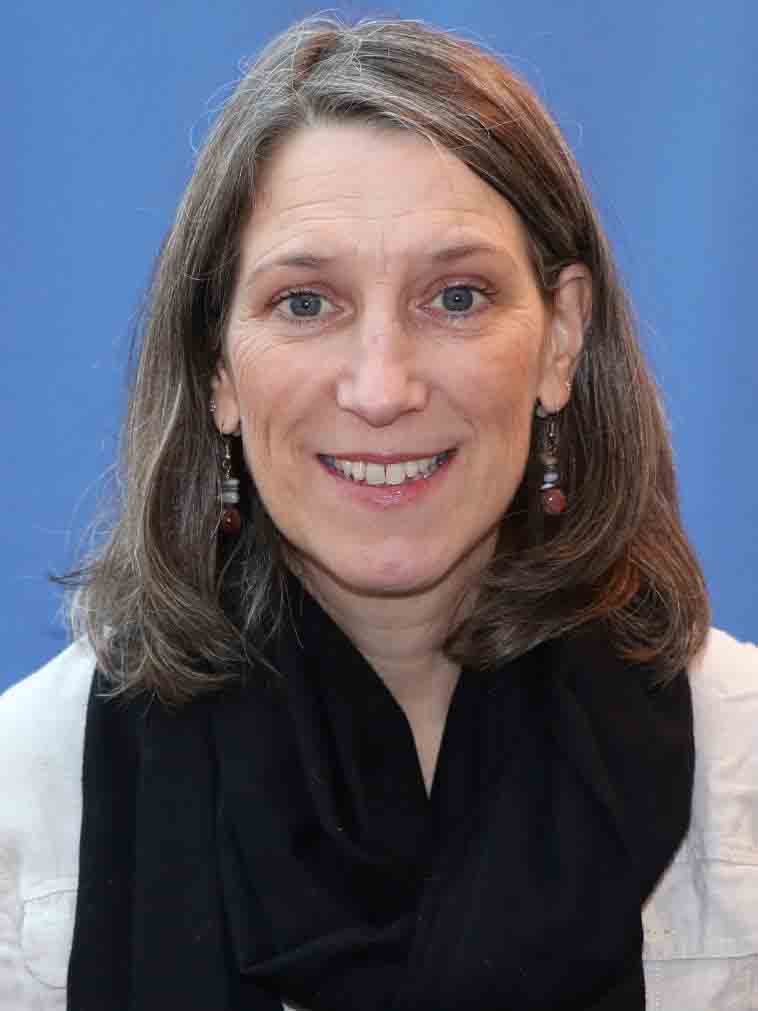

Inspirational Story
Amanda Evans
What prompted you to become an Occupational Therapist?
Having grown up with a strong value base and an empathy for those who are disadvantaged or discriminated against I embarked on my career completing a Preliminary Certificate in Social Care prior to training as an Occupational Therapist (OT) at Salford University, graduating in 1988.
I found my feet working in a variety of roles within an acute trust, progressing from a basic grade (now known as Band 5) rotational post through to senior therapy roles. It was an ambulance strike that provided the impetus to see outpatients in their own homes and it was this insight into how people really lived their lives, the things that mattered to them and their networks that led me to a role as an OT in the Local Authority.
What is it about working in Local Authority that you enjoy?
From the beginning I loved the autonomy of managing my own diary, working with other professionals and housing colleagues and developing my professional reasoning to blend a knowledge of conditions, procedures, people’s stories and a big dollop of pragmatism to get the best outcomes for people that I could.
I really enjoyed being involved in supporting people over long periods of time and the creative element required to collaborate and problem solve as their conditions progressed and life events happened.
I really enjoyed being involved in supporting people over long periods of time and the creative element required to collaborate and problem solve as their conditions progressed and life events happened
What was the next step for you in your career?
Having raised my family to the dreaded teenager stage I was ready for a new challenge and was successful in gaining the position of Principal OT, simultaneously completing an MSc in Rehabilitation studies at Lancaster University.
I was lucky enough to tailor the modules to my role in the Local Authority and delved deep into the role of housing in social care and models of disability.
I really valued the opportunity to influence the role of OTs and practice and soon enough the role developed into a Service Manager role for Physical disabilities and Sensory Impairment.
How has your career developed over time?
Within the same Local Authroity in Cumbria, I held various County Manager roles including Learning Disabilities where I found myself with no OTs in my teams.
It was a fantastic opportunity to test the transferability of my skills in management and leadership. It helped me to grow in confidence, taught me that people are people and it gets messy and that a robust value base is relevant in all areas of practice.
I eventually worked as Assistant Director for Adult Social Care for several years. Interestingly the other Assistant Director was a Physiotherapist, so we really brought a promoting independence ethos to Social Care!
Where did your career lead you next?
At this point I returned to the NHS working in a senior role in the Emergency Care and Medicine team. The experience helped me to gain real insight into the pressures of the NHS and the absolute need for a robust discharge pathway and early planning.
An experience that has served me well in my current role as Service Director for Adult Social Care in Kirklees.
I have been so fortunate to have had such an interesting and rewarding career, I have met some wonderful people from all walks of life
What does your day-to-day role look like?
My day-to-day work is both rewarding and challenging. Change is a constant and I have had the benefit of undertaking some ADASS Accelerate training in large scale change to support the large programmes of work that I have responsibility for including sourcing and implementing a new case management system and a corporate piece of work to look at inclusive design for public places.
Do you have any reflections on your career so far?
I have been so fortunate to have had such an interesting and rewarding career, I have met some wonderful people from all walks of life. The pandemic has demonstrated remarkable resilience and determination to provide support to those who need it and I have been so proud to be part of the team in Kirklees.
I’ll leave you with a favourite quote from Donald Schon:
“In the varied topography of professional practice, there is a high, hard ground overlooking a swamp. On the high ground, manageable problems lend themselves to solutions through the use of research based theory and technique. In the swampy lowlands, problems are messy and confusing and incapable of technical solution. The irony of this situation is that the problems of the high ground tend to be relatively unimportant to individuals or society at large, however great their technical interest may be, while in the swamp lie the problems of greatest human concern. The practitioner is confronted with a choice. Shall he remain on the high ground where he can solve relatively unimportant problems according to his standards of rigor, or shall he descend to the swamp of important problems where he cannot be rigorous in any way he knows how to describe”.
Donald Schon 1983
Want to find out more about the role of an Occupational Therapist?
What do Occupational Therapists do? Where can they work? What do they do day-to-day?
Find out more